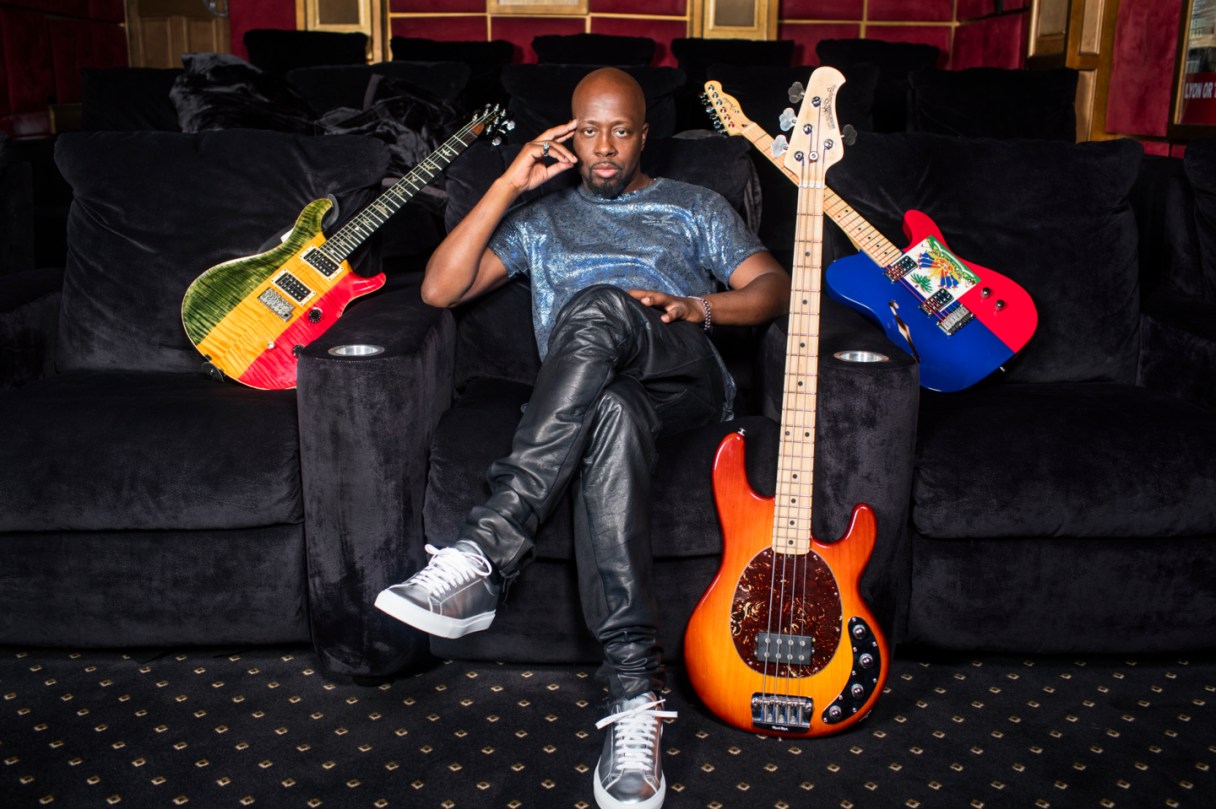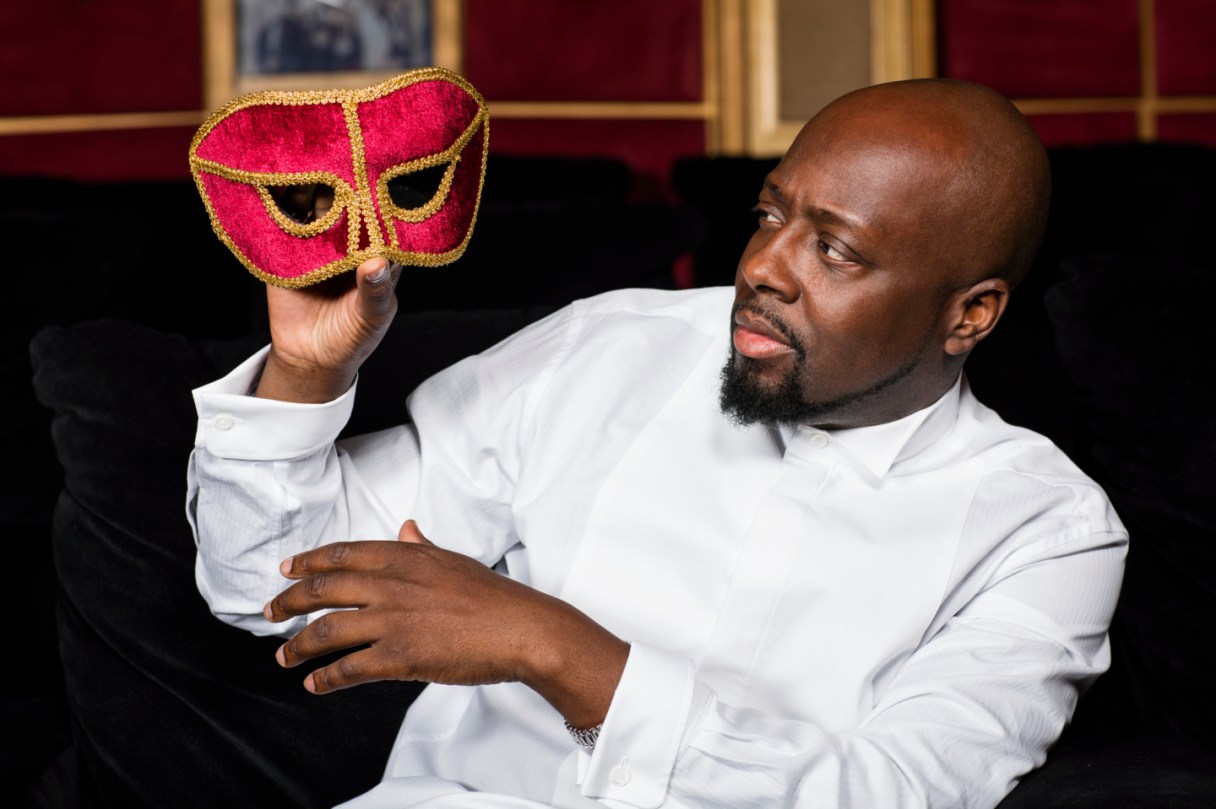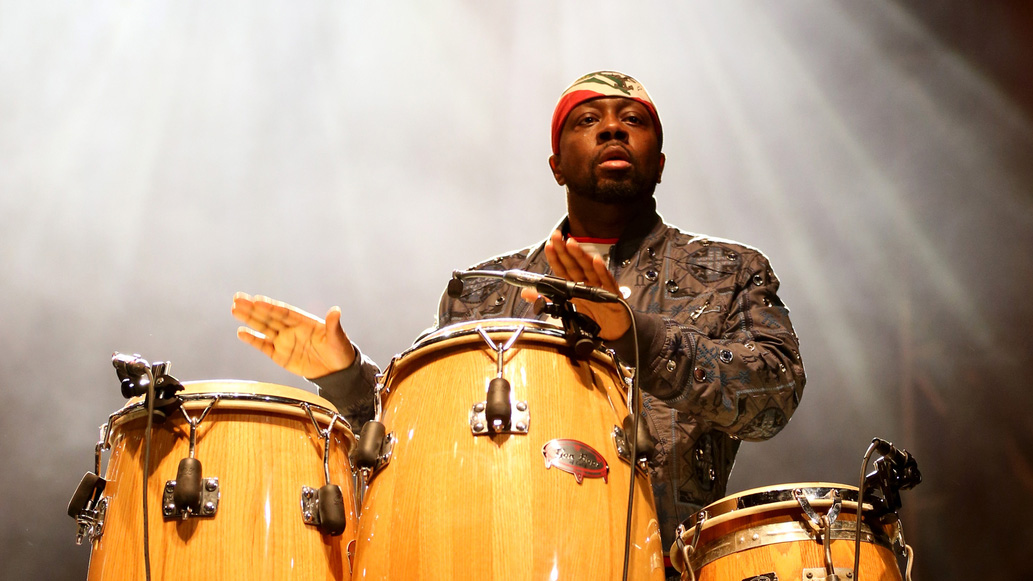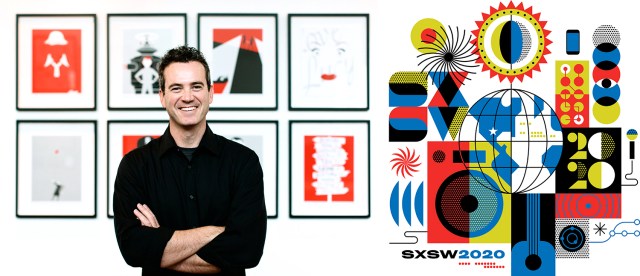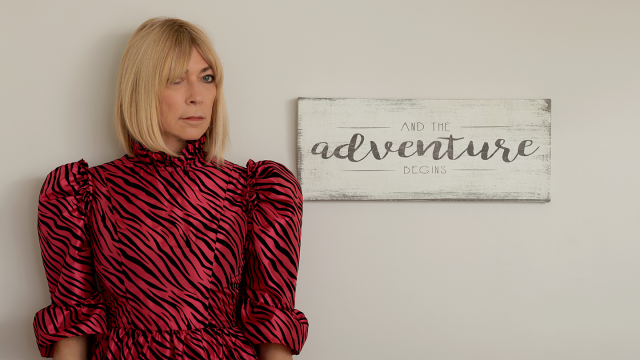In the 22 years following the release of the Fugees’ chart-topping, groundbreaking album The Score, Wyclef Jean has certainly kept himself busy. As a solo artist, Wyclef has put out seven albums, including his latest, Carnival III: The Fall and Rise of a Refugee, released in September 2017.
Beyond the music, Wyclef is currently producing an animated film with Netflix about his journey from growing up in Haiti to finding his way in New York, where he immigrated at age nine. Perhaps most ambitiously, Jean is also set to unveil a prototype of the first hip-hop guitar which, when paired with an augmented reality app, will teach aspiring students the fingering progressions of a catalog of songs.
"There's something about the dorm bands. There's something about the hunger. It’s very pure and raw. And that’s so important."
The Haitian legend’s latest music project, Wyclef Goes Back to School, set for release in March 2019, draws talent from college campuses across the U.S.. Through it, Jean hopes to remind us that the human ear for talent and curation still reigns even in an era where streaming algorithms often determine which music is discovered.
At SXSW 2019, Wyclef and the Heads Music label will present a special showcase featuring Heads Music artists, as well as those heard on Wyclef Goes Back to School. He will also be a Featured Speaker as part of SXSW 2019’s Music Industry & Culture program track.
